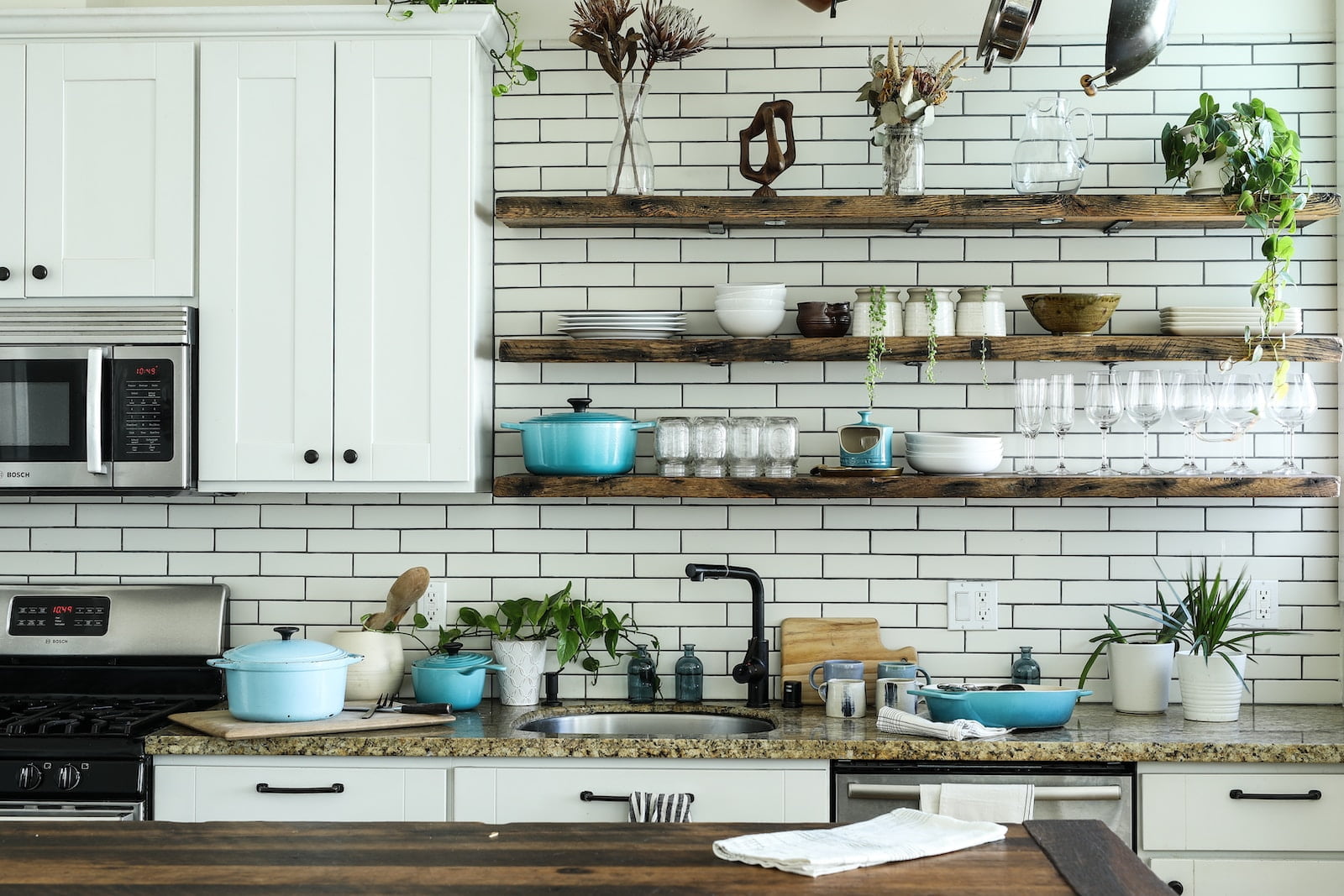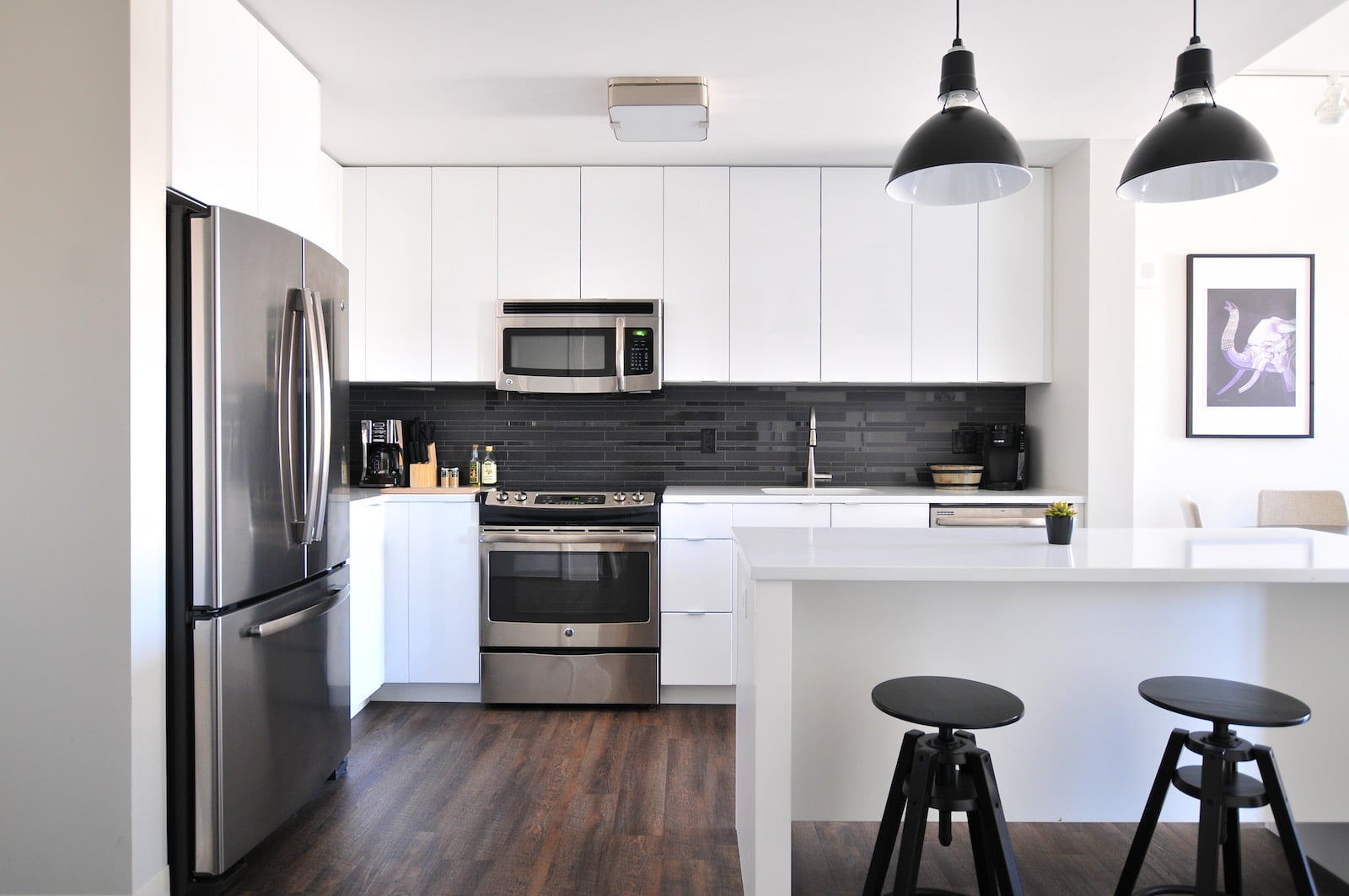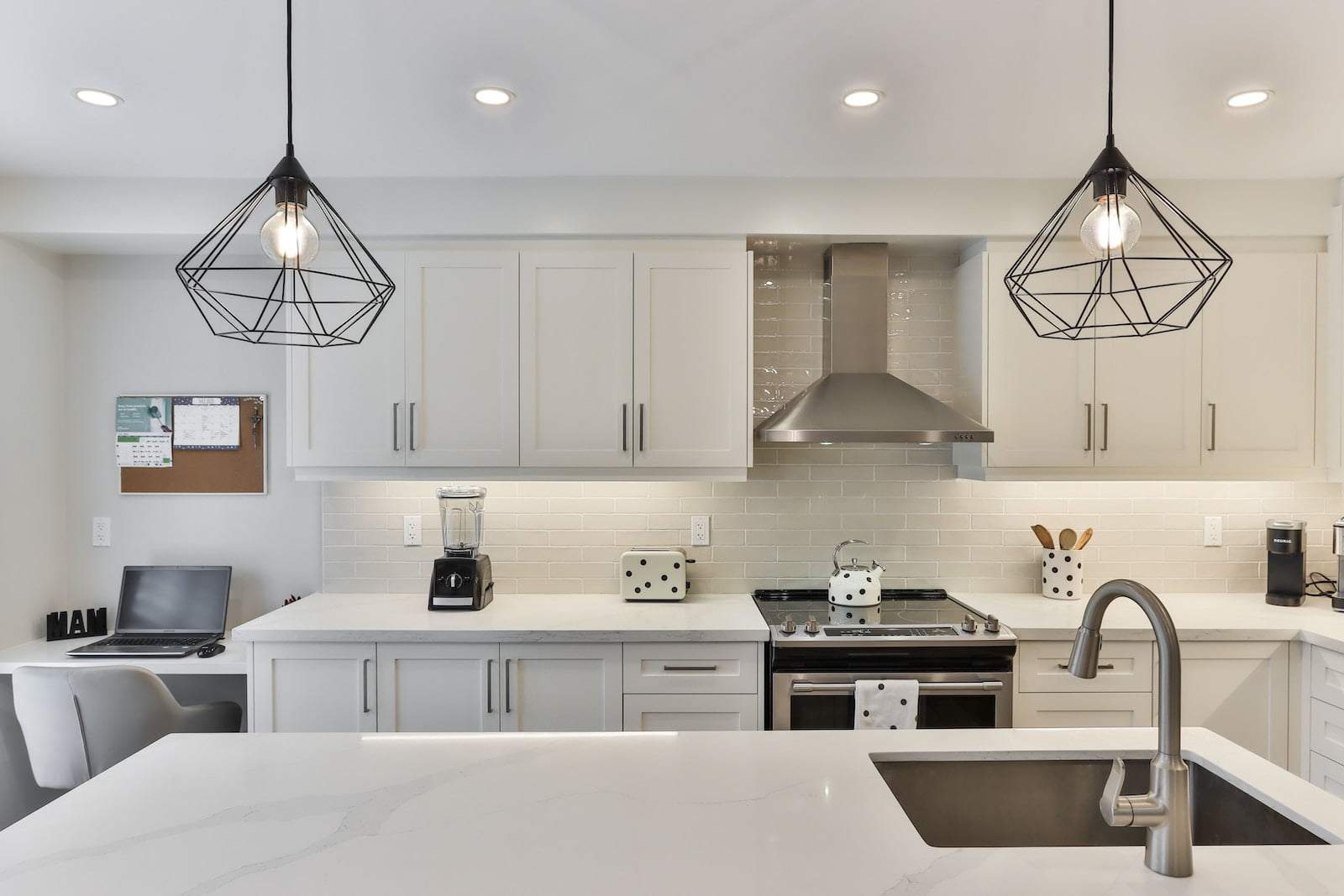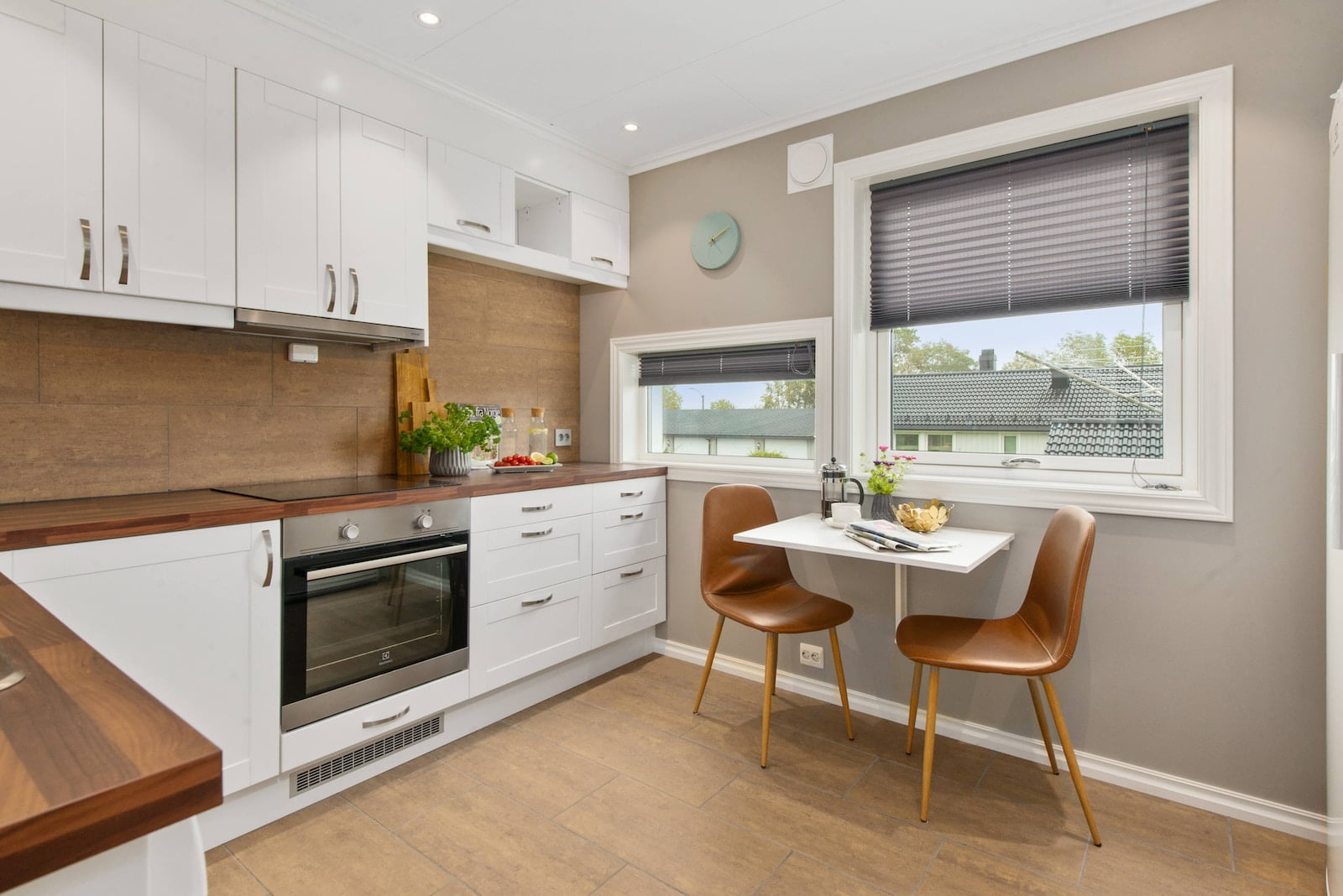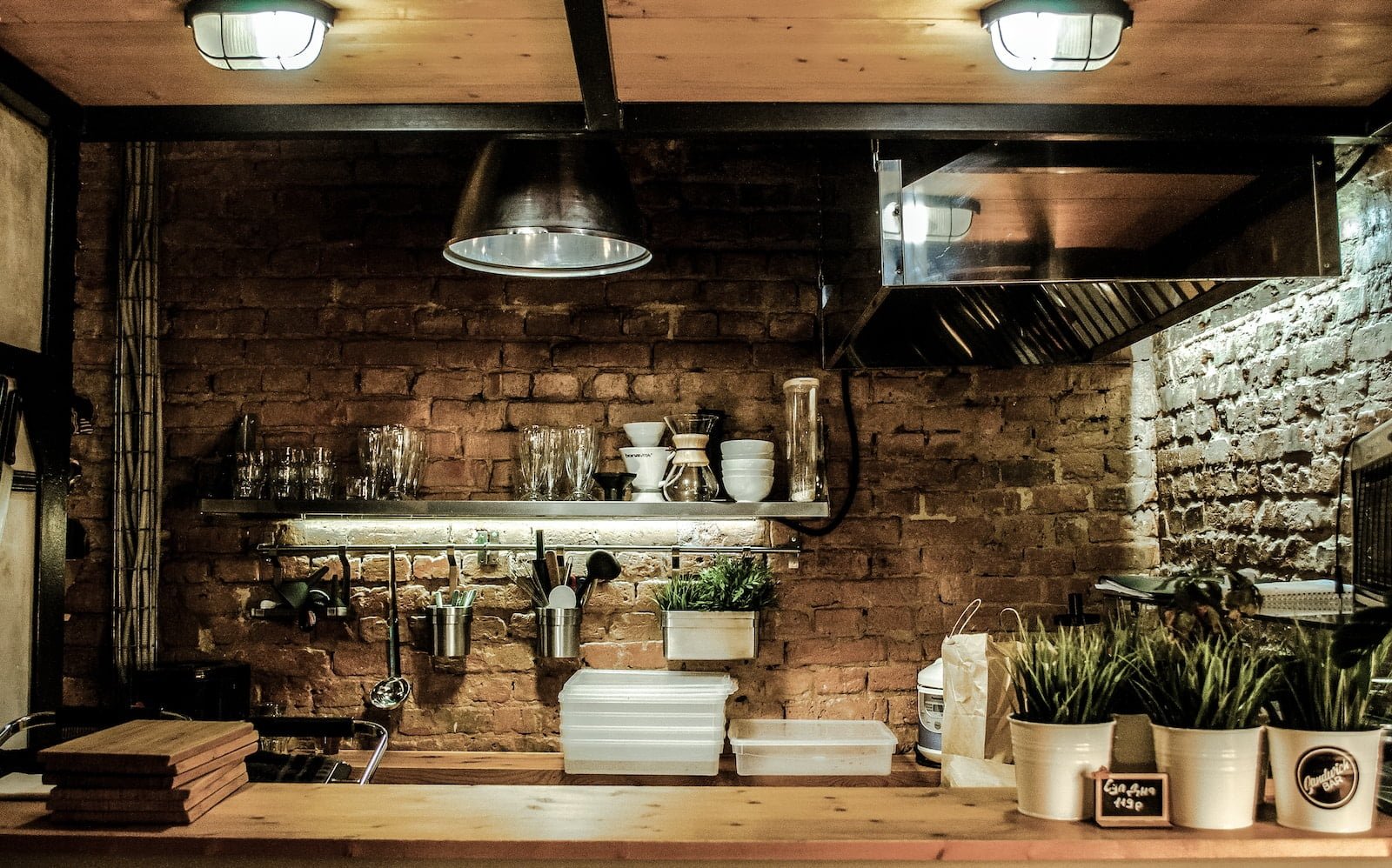Decoding the Enigma: What is the Typical Expense of Renovating a Compact Kitchen?
What is the average cost of remodeling a small kitchen? This question is one that many homeowners ask themselves when considering a kitchen renovation. Remodeling a kitchen can be an exciting project, but it can also be a costly one. There are many factors to consider when determining the cost of a kitchen remodel, such as the size of the kitchen, the materials used, and the extent of the renovation. In this article, we will explore the average cost of remodeling a small kitchen and provide helpful tips for keeping your renovation within budget.
Definition of Small Kitchen
A small kitchen can be defined as a kitchen that is limited in space and typically has less than 70 square feet of floor area. These kitchens are often found in apartments, tiny homes, and older homes where space was not a priority. Small kitchens can present challenges when it comes to storage, counter space, and functionality. However, with the right design and organization, a small kitchen can still be highly functional and stylish.
One of the most common challenges of a small kitchen is storage. With limited cabinet and drawer space, it’s important to maximize every inch of available storage. This can be achieved by using vertical space with tall cabinets or shelves, utilizing the space above cabinets for storage, and using organizers such as pull-out drawers or built-in spice racks. Another challenge is counter space, which can be addressed by using fold-down or pull-out counters, utilizing wall-mounted tables, or investing in a kitchen island with built-in storage.
Overall, a small kitchen may require some creativity and strategic planning, but it can still be a highly functional and beautiful space. With the right design and organization, a small kitchen can be just as efficient as a larger one.
Benefits of Remodeling Your Home
Remodeling your home can have numerous benefits that go beyond just improving the aesthetic appeal of your living space. One of the most significant benefits of remodeling is that it can increase the value of your home. By updating your home’s features, such as the kitchen or bathroom, you can make it more attractive to potential buyers and increase its resale value. This is especially important if you plan on selling your home in the future.
Another benefit of remodeling is that it can improve your home’s functionality. If you have a growing family or need more space for entertaining guests, remodeling can help you create the space you need. Additionally, remodeling can also help you make your home more energy-efficient, which can save you money on your utility bills in the long run.
Remodeling can also be a great way to make your home more comfortable and enjoyable to live in. By updating your home’s design and features, you can create a space that reflects your personal style and meets your specific needs. Whether you want to create a cozy reading nook or a luxurious spa-like bathroom, remodeling can help you achieve your goals.
In conclusion, remodeling your home can have a wide range of benefits, from increasing its value to improving its functionality and comfort. If you’re considering remodeling your home, it’s important to work with a reputable contractor who can help you achieve your goals and stay within your budget.
The Average Cost of Remodeling a Small Kitchen
According to HomeAdvisor, the average cost of remodeling a small kitchen ranges from $5,000 to $20,000. The cost will depend on the extent of the remodeling, the materials used, and the location. For example, if you plan to replace the cabinets, countertops, and appliances, the cost will be higher. On the other hand, if you only want to repaint the walls and replace the hardware, the cost will be lower.
It’s important to note that unexpected expenses can arise during a kitchen remodeling project. For instance, if you discover water damage or mold behind the walls, you’ll need to address that issue before continuing with the remodel. Additionally, if you want to move plumbing or electrical fixtures, the cost will increase. To avoid surprises, it’s a good idea to budget for unexpected expenses and work with a reputable contractor who can provide a detailed estimate.
Materials Used
The materials used for remodeling play a significant role in the overall cost of the project. High-quality materials tend to cost more, but they usually last longer and require less maintenance, which can save you money in the long run. On the other hand, cheaper materials may be more affordable upfront, but they may need to be replaced sooner, which can end up costing you more in the long run. Additionally, the type of materials used can also affect the cost of the project. For example, natural stone countertops are typically more expensive than laminate countertops. Similarly, hardwood flooring is more expensive than vinyl flooring. When planning your remodeling project, it’s important to consider the materials you want to use and their associated costs to ensure that they fit within your budget.
